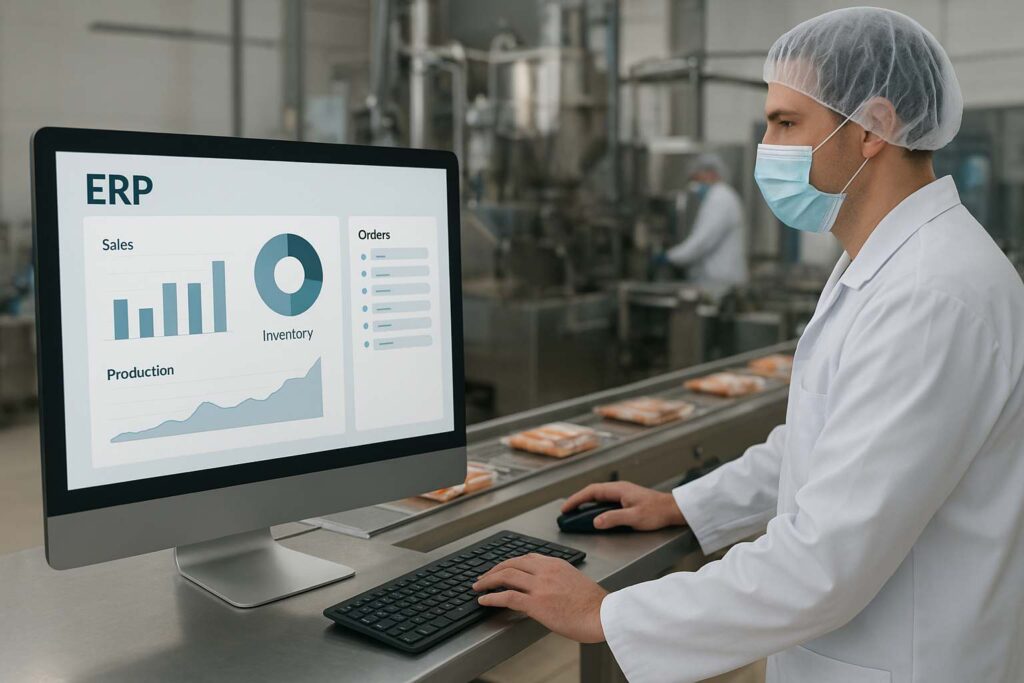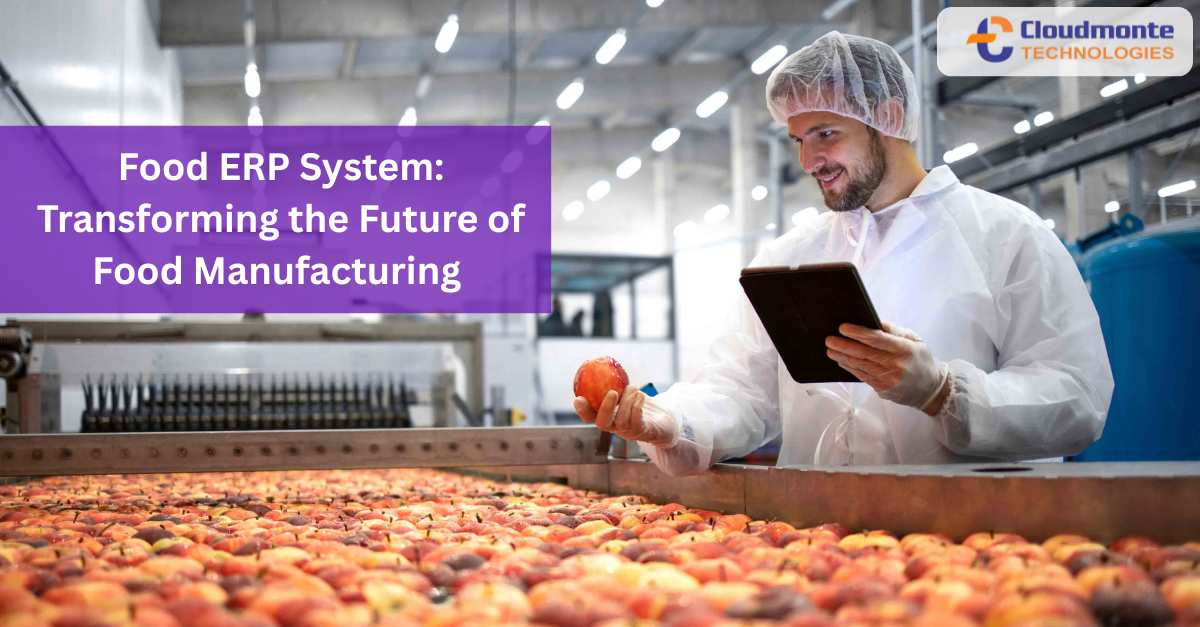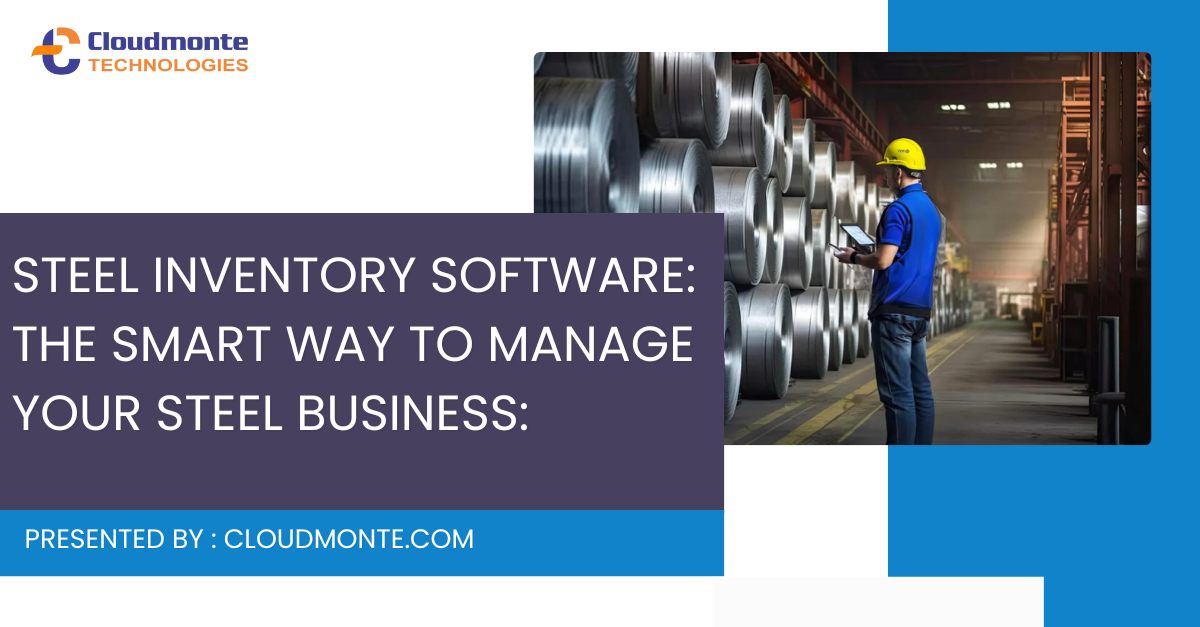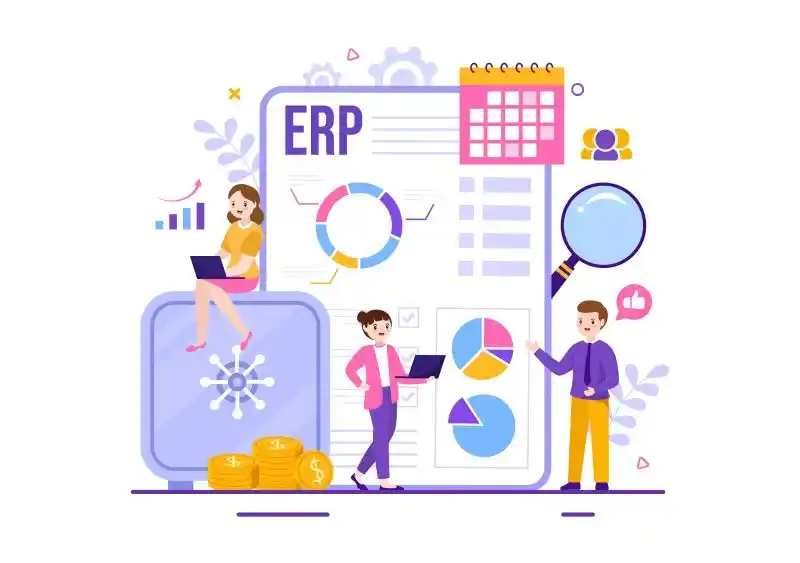The food manufacturing industry operates in a world where precision, speed, and compliance are non-negotiable. From managing raw material sourcing to ensuring product quality and meeting regulatory standards — every stage in the food supply chain demands accuracy and visibility. Yet, many food businesses still rely on outdated systems or manual processes that create inefficiencies, waste, and profit leaks.
This is where a Food ERP System comes into play — offering an integrated platform that connects production, inventory, sales, quality, and finance into one centralized solution. Whether it’s a small food processor or a large-scale manufacturer, an ERP for food industry empowers organizations to streamline operations, control costs, and stay compliant while improving profit margins.
The Growing Complexity of the Food Manufacturing Industry:
Food manufacturing has evolved rapidly over the past decade. Consumers demand more variety, faster delivery, and higher quality. Meanwhile, food safety regulations, supply chain disruptions, and perishable inventory management have added layers of complexity.
Common challenges faced by food manufacturers include:
- Inventory and Waste Management – Perishable goods and fluctuating demand often lead to overproduction or wastage.
- Batch and Lot Traceability – Tracking every ingredient and finished product is critical for compliance and recalls.
- Quality and Compliance Control – Strict regulations like FSSAI, FDA, and ISO require accurate records and process control.
- Recipe and Formula Management – Maintaining consistency in recipes and formulations across batches is difficult without automation.
- Production Planning – Balancing production capacity with demand fluctuations remains a constant challenge.
- Cost Control and Profitability – Rising raw material costs and energy consumption affect overall profitability.
Without a centralized system, these pain points can create significant operational inefficiencies, customer dissatisfaction, and financial loss.

How an ERP for Food Industry Solves These Challenges?
A Food ERP System provides end-to-end automation and visibility across all departments — from procurement to dispatch. It integrates every business function, enabling data-driven decisions and real-time control.
Here’s how ERP for food manufacturing helps overcome industry-specific challenges:
1. Real-Time Inventory & Material Tracking
Food manufacturing ERP software enables manufacturers to track raw materials, semi-finished goods, and finished products in real time. Automated batch and lot tracking reduce manual errors and ensure full traceability across the supply chain.
2. Quality Assurance and Compliance
Food ERP systems maintain digital records of inspections, testing results, and compliance certifications. This ensures that your production meets regulatory requirements and internal quality standards. In case of a recall, you can instantly trace the affected batch, minimizing damage and response time.
3. Streamlined Production and Recipe Control
ERP software allows food producers to manage complex recipes, formulations, and production orders efficiently. You can standardize ingredient proportions, calculate yields, and maintain consistency across every batch — ensuring product quality remains uniform.
4. Accurate Demand Forecasting and Planning
Using built-in analytics and AI-powered forecasting, ERP systems help you anticipate demand trends based on seasonality, sales data, and historical consumption. This prevents overproduction and stockouts, optimizing inventory and production schedules.
5. Cost Optimization and Profitability
A comprehensive ERP for food manufacturing helps identify cost leakages in production, wastage, procurement, and logistics. Automated reporting and real-time dashboards give management a 360° view of cost structure and profitability across plants and product lines.
6. End-to-End Supply Chain Integration
From supplier management to final delivery, an ERP system creates seamless communication between all stakeholders. It helps track supplier performance, monitor transportation costs, and ensure on-time delivery of quality products.
7. Lot Expiry and Shelf-Life Management
A food ERP system helps monitor product expiration and shelf-life data to ensure first-expiry-first-out (FEFO) practices, reducing waste and ensuring timely product dispatch.
Key Benefits of Implementing a Food Manufacturing ERP Software:
Adopting a modern ERP solution can transform your food business operations with measurable improvements in efficiency and ROI.
Operational Benefits:
- Centralized data and real-time insights
- Faster decision-making
- Reduced manual work and human error
- Improved coordination between departments
Financial Benefits:
- Better cost control and budgeting accuracy
- Reduced production waste
- Enhanced profitability through process optimization
- Data-driven resource utilization
Compliance & Quality Benefits:
- Easy audit trails and regulatory reporting
- Automated quality checks at each stage
- Minimized risk of product recalls
ROI: What to Expect After Implementing a Food ERP System?
Implementing an ERP for food industry is an investment — and the returns are often visible within the first year. Businesses typically observe:
- 15–25% reduction in production waste through better forecasting and shelf-life management
- 20–30% improvement in operational efficiency due to process automation
- 30–40% faster decision-making with real-time insights and reports
- 25–35% improvement in profit margins through cost control and optimized resource usage
The ROI extends beyond financial gains — it also strengthens brand trust, customer satisfaction, and long-term scalability.
Heading: Choosing the Right ERP for Food Manufacturing:
When selecting a food manufacturing ERP software, it’s crucial to evaluate:
- Industry-specific functionality (lot tracking, recipe control, quality management, etc.)
- Scalability and cloud-readiness
- Integration capabilities with existing systems
- Local compliance support
- User-friendly interface and reliable vendor support
Opt for a solution built specifically for the food sector, not a generic ERP. The right system will adapt to your operational model — not the other way around.
Final Thought:
In today’s fast-moving food industry, relying on spreadsheets or legacy systems is no longer sustainable. A modern Food and Beverage ERP System bring clarity, control, and competitiveness to your operations. It enables manufacturers to handle challenges like traceability, compliance, quality control, and profitability — all from one unified platform.
Whether you are producing baked goods, beverages, dairy, or packaged foods, the power of ERP for food manufacturing can redefine how your business operates. From reducing waste to improving margins, the right ERP software helps food companies stay compliant, efficient, and ready for growth.




